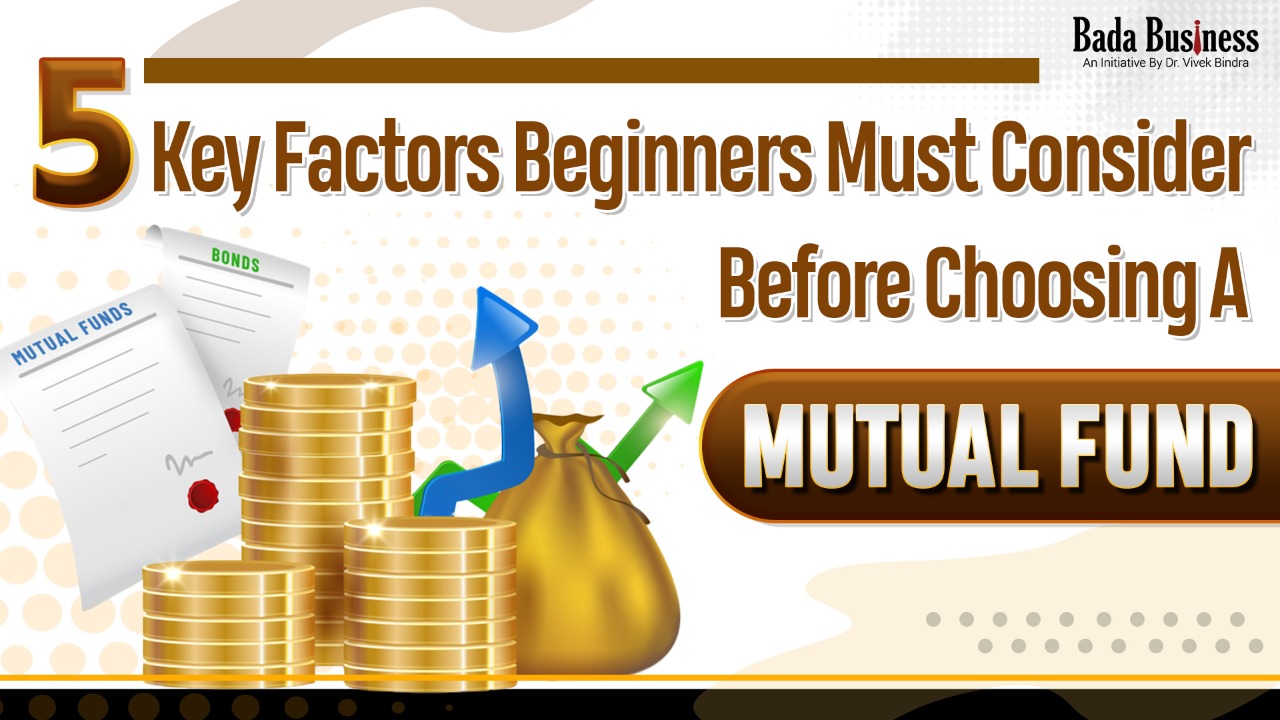Whether you are a novice, an experienced investor, or a trader, mutual funds are among the most popular investment options. All one needs to know is the basics and zeal to build their knowledge base to make smart, informed choices.
But what exactly are mutual funds?
A mutual fund is an investment scheme made up of a pool of money collected from many investors to invest in various securities. The fund manager then uses these funds by investing them to purchase various securities including gold, stocks, bonds, etc. Each mutual fund will have a certain objective and different returns.
So, when is the best time to invest in mutual funds- when the market is up or down?
It is both. Many people often get confused about the best time of investing in mutual funds. But investing in mutual funds needs in-depth analysis, discipline, and practice. Irrespective of the market fluctuation, these funds tend to provide decent growth over some time.
However, before you decide to invest in mutual funds, you need to be aware of a few things that will ensure you get better results and a rewarding experience.
Here are 5 things you must know before investing in Mutual Funds:
1. Mutual Funds have Different Risk Levels
Every mutual fund category is different and hence, they possess a different level of risk. However, there is no common platform based on which you can determine if a particular mutual fund category has a high risk or low risk.
For instance, direct equity has a higher risk when compared to equity mutual funds. However, it offers higher returns than other funds. So, the risk associated with every mutual fund category is different. Hence, before investing in any Mutual Fund, you should check how many risk factors it contains because every scheme has a risk assigned to it, and how much you are willing to take.
2. Find Your Objective
Before you decide to invest in mutual funds, you must know your objective. For instance, you can invest in equity funds, if you have long-term financial goals, but if you have short-term or medium-term financial goals, you can invest in debt funds.
So, before choosing a mutual fund, the first step is to decide the goal. The time frame you are looking for, and the returns that you are expecting will help you choose a fund that is best suited to your objective.
3. Check the Expense Ratio
For the proper management of your funds, a commission is charged which is known as the expense ratio. As an investor, you need to figure out how much expense ratio a particular fund is charging, as it is calculated across the investor`s total portfolio and will have a significant impact. Hence, always pick a mutual fund that comes with a lower expense ratio. The higher the AUM, the lower the expense ratio.
4. Consider the Taxes Your Investment Attracts
How much income from a fund will be taxable is something every beginner must consider. The returns from equity mutual funds are taxed based upon the holding period and the applicable tax rate. Mutual funds are often efficient in terms of post-tax returns. For instance, long-term capital gains are taxed at 10% over and above the exemption limit of INR 1 lakh while short-term capital gains are taxed at a rate of 15%.
5. Don`t forget to check the Track Record of the Mutual Fund
From checking the investment time to AUM, it is crucial to check the track record of a particular Mutual Fund scheme before investing. As an investor, you should opt for a mutual fund house with a larger AUM. i.e. Assets Under Management. It not only withstands the sudden redemption pressure from major investors but also offers a lower expense ratio.
Also, check the investment style of the fund manager before putting money in a mutual fund. Opt for a mutual fund where the fund manager shows consistency irrespective of the market cycle.
Mutual funds are subject to market risk, which is why doing a fundamental analysis of a particular investment scheme becomes paramount. But, do know that no matter how good a fund performed in the past, it won`t guarantee that the mutual fund would do well in the future.
Want to start your own business but don`t know what to do? Become an IBC (Independent Business Consultant) and earn up to Rs 1 to 10 lakhs per month. What more? Get an opportunity to be recognized in Dr. Vivek Bindra`s world record creating mass digital webinars & Youtube Videos. Click here for more details: https://www.badabusiness.com/ibc
















